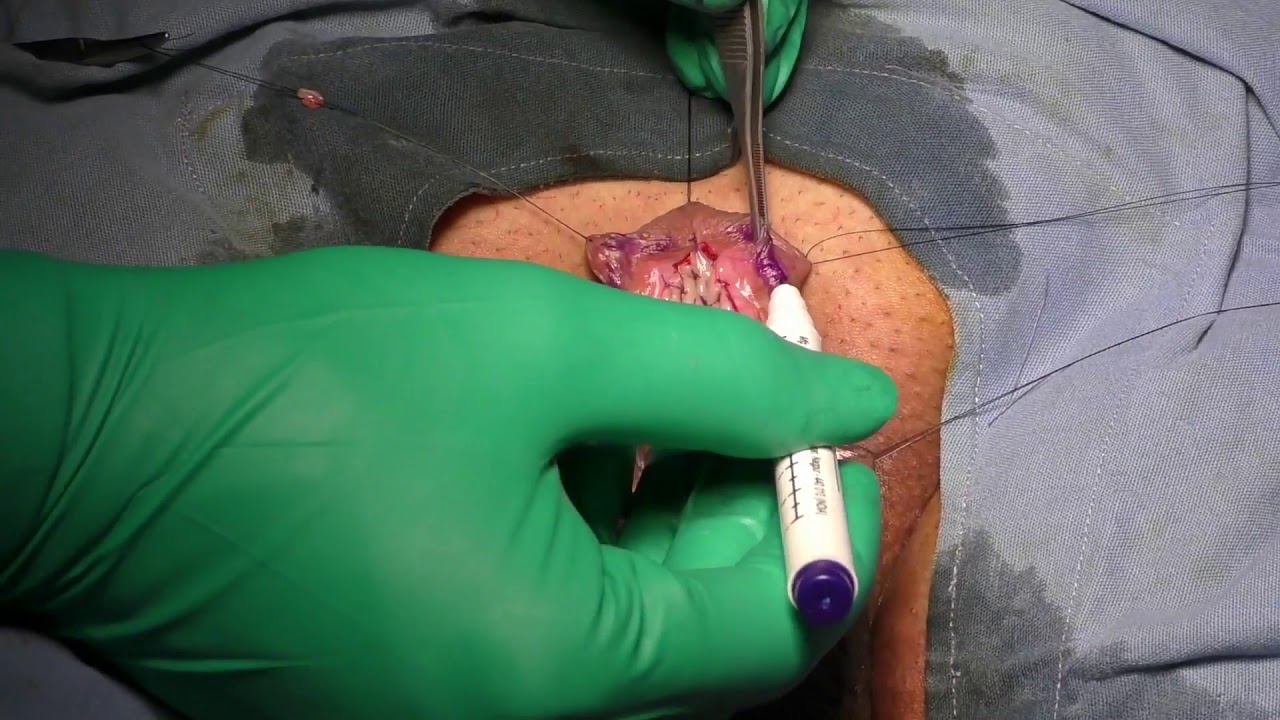
Tips For Caring Your Child After A Hypospadias Surgery
There are many things that parents should know about post-hypospadias surgery, but we’ll highlight the most common.
Parent education
Before having any surgery, it’s important that parents understand the risks associated with the procedure and get all the information they can. They should be informed about the care of their child and all surgical procedures so that they can give informed consent and know about them.
Hypospadias is a birth defect in which the opening (bun) on the tip of the penis lies within the body of the urethra. The surgery aims to correct the incongruity between the opening of the penis and the opening of the urinary stream. This problem is also called “penile malposition,” although this terminology is rarely used today.
In order to rectify this malposition and allow for a normally functioning erection, a hypospadias surgeon may make an incision at the tip of the penis near the glans (head) to expose the urethra. This is a shorter cut than a circumcision
Caring for a child after hypospadias surgery is a very difficult task. Your child must be provided with one single gender healthcare service provider – the doctor or team who will be able to ensure the child’s wellbeing after the surgery.
The best solution is to get your child medically admitted in the pediatrician’s office or primary care clinic of your pediatrician. Once admitted in the office, your child can be assisted by the team in the surgery process and with the recovery process. This approach can help to minimize the pain and potential for complications.
Surgery is one of the most important procedures that you can perform on your child. It is also one of the most complicated procedures that you can undergo on your child. A hypospadias surgery is not a one-time thing. It can be time-consuming, and can involve many different procedures.
Because of the complex nature of this surgery, you should consult with your doctor if you have any questions concerning surgery on your child. Not all hypospadias surgeries are covered by insurance. So, you should contact your insurance provider to check if you have this covered under your health insurance.
Ideally, the children will have a full medical visit with their pediatrician (who may have done hypospadias surgery in the past) when they are young enough. This will provide the parents with a better understanding of what has happened, as well as what risks are involved.
But the amount of sleep is inversely related to the risks. So it’s wise for you to leave an hour or two when you’re up so that your child can sleep through the night. Let your child relax in bed in the next few days.
Although sleep is important, don’t make it the focus. Just being relaxed and remaining calm is the best protection against a bad night’s sleep. Don’t worry about getting enough sleep. If you’re sick you can get even more sleep.
Avoid medication, caffeine and alcohol. Drink coffee only on an empty stomach or when you’re sleepy.
Don’t ignore the concern of the risks. Inform your doctor or sleep specialist.
For many years after the surgery, you can use a combination of pills and insulin to assist the child in losing weight. Many of these recommendations can be used by your child as you go through the weight-loss and eating-disorder treatment phase. The following are recommendations for the most common long-term effects of the surgery:
Tell your healthcare provider and obstetrician that your child has been operated on for hypospadias.
Tell your healthcare provider about any breast milk substitutes that your child takes.
If your child eats any foods that cause nausea or vomiting, chew them carefully. Do not give him any other food that causes nausea or vomiting.








